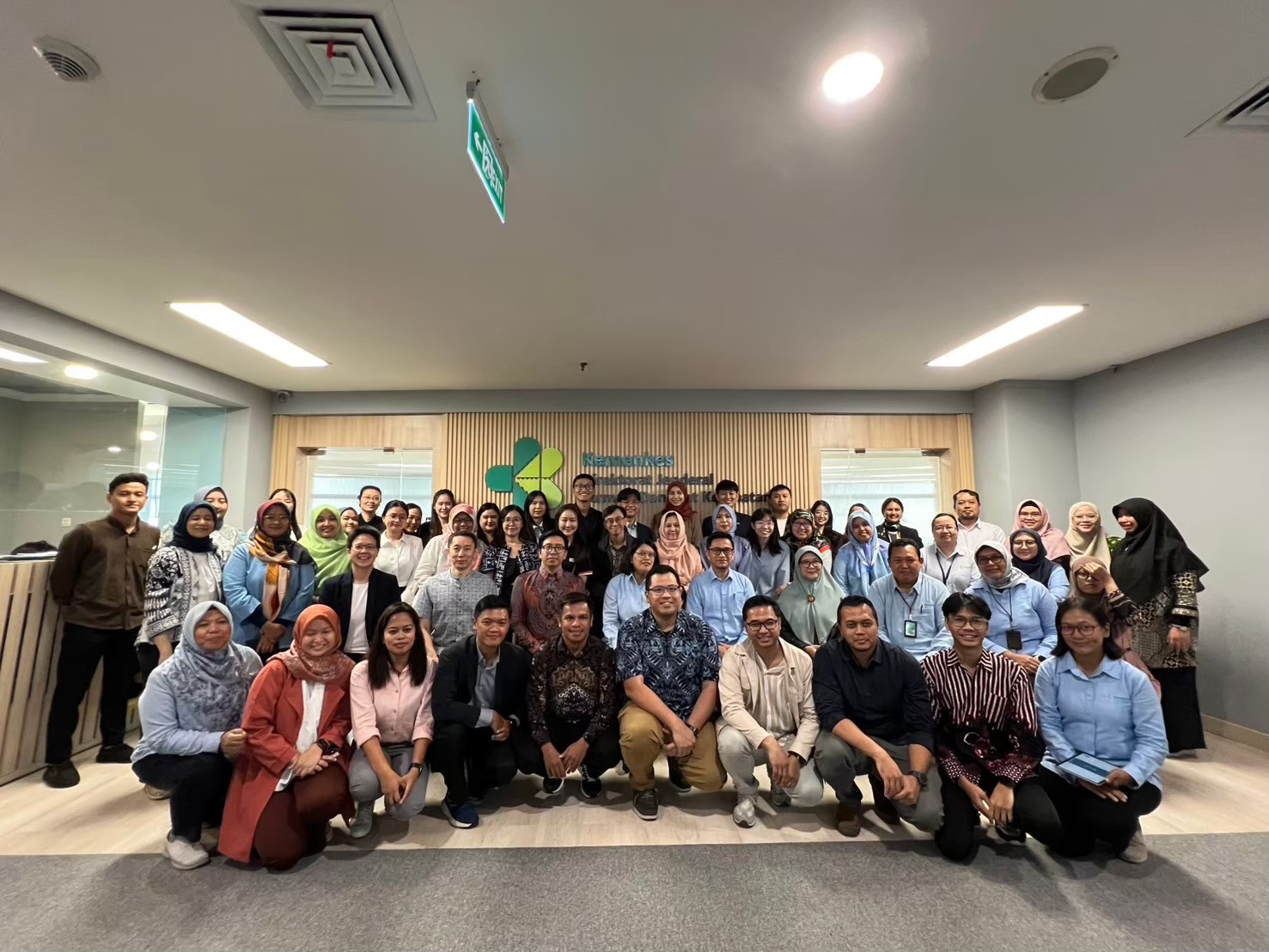[PRESS RELEASE] Cross-Border Insights into Lao PDR’s Evidence-Informed Health Policy with HTA: First-Ever Study Maps the Way Forward



![[PRESS RELEASE] Cross-Border Insights into Lao PDR’s Evidence-Informed Health Policy with HTA: First-Ever Study Maps the Way Forward](https://www.hitap.net/wp-content/uploads/2025/04/3_0.png)
A Closer Look at Decision-Making Process and the Potential of HTA for Health System Strengthening in Laos | Reading time: 5 min
Nonthaburi, Thailand—April 30, 2025— A newly published study “Situation analysis of evidence-informed health decision-making in Lao PDR: the case of health technology assessment,” in The Lancet Regional Health – Western Pacific, offers the first comprehensive analysis of how health evidence is used in policymaking in Lao PDR and highlights the growing momentum for institutionalising Health Technology Assessment (HTA) to support stronger health systems.
Researchers from the University of Health Sciences (UHS) in Lao PDR, the Lao-Oxford-Mahosot Hospital-Wellcome Trust Research Unit (LOMWRU), and the Health Intervention and Technology Assessment Program Foundation (HITAP) in Thailand have joined forces to conduct the first-ever study to understand the landscape of evidence-informed health policy in Lao PDR. The study aims to provide a look into how evidence is currently used in health policy decisions in Lao PDR, and the potential role of HTA in strengthening the country’s health system.
“Amidst the current economic challenges, evidence-informed decision-making is more crucial than ever in guiding health resource allocation in Lao PDR. This approach not only enhances transparency and legitimacy in policy decisions but also promotes fairness and efficiency.” said leading author Assoc. Prof. Dr. Sysavanh Phommachanh, Ph.D, Unit for Health Evidence and Policy (UHEP), Institute for Research and Education Development, UHS, Vientiane, Lao PDR.
First-Ever Study Reveals Gaps and Opportunities
This study, conducted between March and September 2021, adopted a mixed-method approach, surveying 212 individuals and interviewing 38 stakeholders across various sectors. It was revealed that the use of evidence is currently limited in Lao PDR’s health policy decisions. While consultation meetings and expert opinions drive many decisions, there is no consistent application of evidence-informed approaches.
Nevertheless, stakeholders expressed strong interest in HTA, particularly for applications in healthcare reimbursement and resource allocation. Two-thirds of survey respondents agreed that HTA could improve healthcare quality and efficiency, and many believed it could also enhance budget transparency and legitimacy of decisions.
“HTA holds the potential as a key tool to support transparency, fairness, and efficiency in policymaking,” said Dr. Phommachanh. “This is the first effort in Lao PDR to map the decision-making landscape and assess readiness for HTA institutionalisation. By laying a foundation of knowledge, this work provides a basis for relevant stakeholders to further develop the HTA ecosystem and ensure effective implementation. I also believe this work can serve as a reference for other countries in similar contexts, offering insights and lessons as they embark on their own journeys toward evidence-informed decision-making.”
Challenges and a Promising Way Forward
Key challenges that were identified in the study include limited infrastructure, human resources, and funding to conduct and apply HTA. Only a few organisations currently have the capacity to produce relevant health evidence. Despite these barriers, recent developments provide cause for optimism.
“Indeed, the establishment of UHEP represents a major milestone in building the infrastructure for HTA and evidence-informed health policy practices in Lao PDR. UHEP is expected to serve as a hub for generating and applying health evidence, including HTA, in collaboration with national and international partners. In this context, findings from this study are thereby timely and highly relevant.” said Dr. Phommachanh.
Moving forward, the study recommends strengthening domestic capacity, encouraging multi-disciplinary collaboration, and leveraging regional and international support to build a sustainable HTA ecosystem.
Call to Action: A Moment to Change
This study makes one thing clear: the time to act is now. Lao PDR stands at a critical moment to transform how health decisions are made. To seize this opportunity, it is important that government leaders, funders, development partners, and the health research community consider
Additional Resources:
ABOUT THIS WORK
This research is a collaborative work between Unit for Health Evidence and Policy (UHEP), Institute for Research and Education Development (IRED), University of Health Sciences, Lao PDR, Lao-Oxford-Mahosot Hospital-Wellcome Trust Research Unit (LOMWRU), Microbiology Laboratory, Mahosot Hospital, Lao PDR, and Health Intervention and Technology Assessment Program Foundation (HITAP), Thailand. This study was funded by a grant from the Wellcome Trust and the Department of Health and Social Care (DHSC), through the National Institute for Health Research (NIHR).
Link to study: Situation analysis of evidence-informed health decision-making in Lao PDR: the case of health technology assessment – ScienceDirect
ABOUT HITAP
HITAP is a non-profit research agency in Thailand and supports evidence-informed priority-setting and decision-making for health. HITAP is funded by national and international public funding agencies. Its work is supported by the Access and Delivery Partnership (ADP), which is hosted by the United Nations Development Programme and funded by the Government of Japan, the Thailand Science Research and Innovation (TSRI) Fundamental Fund, and the National Science, Research and Innovation Fund (NSRF) via the Program Management Unit for Human Resources & Institutional Development, Research and Innovation, among others. HITAP also received support for this initiative from the Ministry of Public Health, Thailand.
Media Contact:
Content/Communications Officer
Health Intervention and Technology Assessment Program Foundation (HITAP)
Communication Unit | [email protected]
Website: www.hitap.net